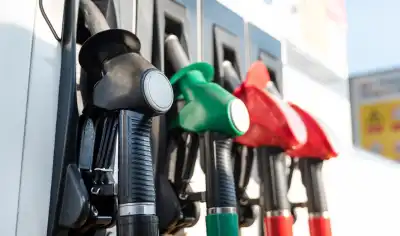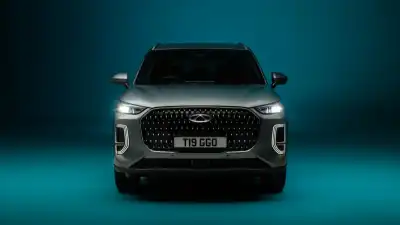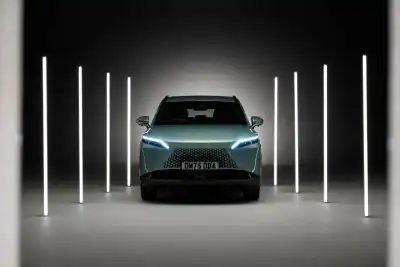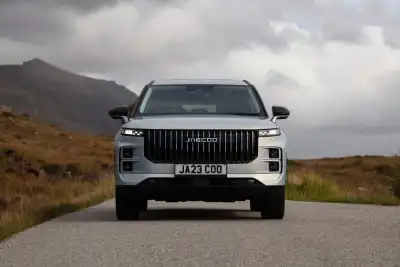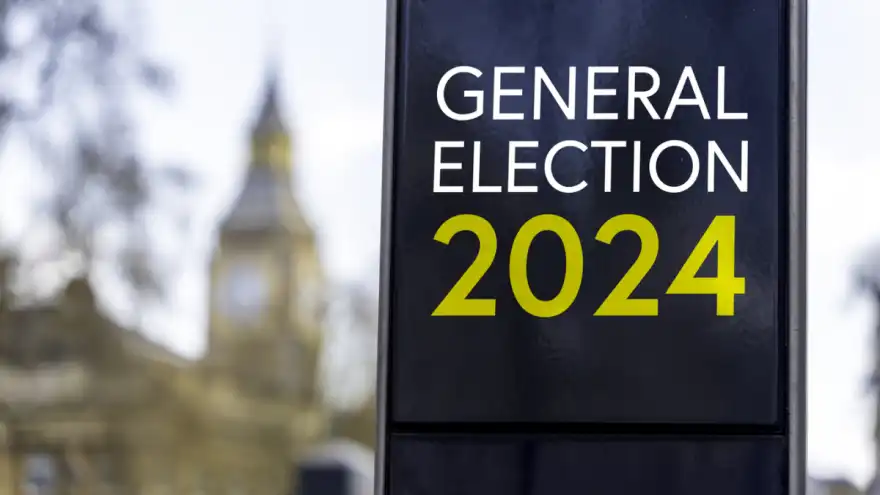
Labour has unveiled its latest manifesto which plots out how it plans to run the country if it comes out on top at the upcoming general election. While there have been significant pledges when it comes to taxes and spending, there are also some elements which will affect drivers.
Here, we take a look through some of the key aspects of Labour’s manifesto which could have an impact on drivers in the future.
2030 ban to be reinstated
The 2030 ban on the sale of new petrol and diesel cars was famously rolled back by Rishi Sunak, but under a Labour government this plan would be reversed to its original date. Included in the manifesto, the pledge is said to provide ‘certainty to manufacturers’ while tying in with commitments made by other countries in Europe.
However, Simon Williams, head of policy at the RAC, stated that “the promise to restore 2030 as the phase-out deadline for new petrol and diesel vehicles comes as no surprise.”
Increase the roll-out of electric charge points
Charging infrastructure has been one of the main barriers in the way of mass electric car ownership and that’s something Labour plans to address with its manifesto. It said it would ‘support the transition to electric vehicles’ by radically increasing the number of chargepoints being installed in the UK.
Mike Hawes, chief executive of the Society of Motor Manufacturers and Traders, said: “The EV market has grown rapidly but concerns over affordability and charging accessibility remain significant barriers.
“Consumers need carrots not sticks, and whatever the trajectory set by any government, a fair and fast transition will depend on the provision of compelling enablers for all drivers and operators as well as mandated targets for a nationwide charging infrastructure for all road transport.”
Standardising used EV battery information
At present, there’s not an awful lot of information available to buyers of used electric vehicles about the condition of the car’s battery. However, Labour has added to its manifesto that it plans to standardise the ‘information supplied on the condition of batteries’, giving buyers a clearer idea of what they’re purchasing in the first place.
Though details are scarce for now, this method could see a label - similar to those used on tyres - affixed to all used electric vehicles showing remaining range and overall battery capacity, among other features.
Fixing more potholes and tackling insurance premiums
The state of the UK’s roads has been a point of contention over recent years but it’s something Labour would look to address if it came to power. By deferring the A27 Arundel bypass and freeing up additional funding in the process, Labour plans to fix an additional one million potholes in England in each year of the next parliament. It’ll also look to help tackle ‘the soaring cost of car insurance’.
Simon Williams added: “It’s pleasing to see major concerns for drivers, such as local road maintenance and the transition to electric vehicles, high on the list of Labour’s priorities if they win power.

